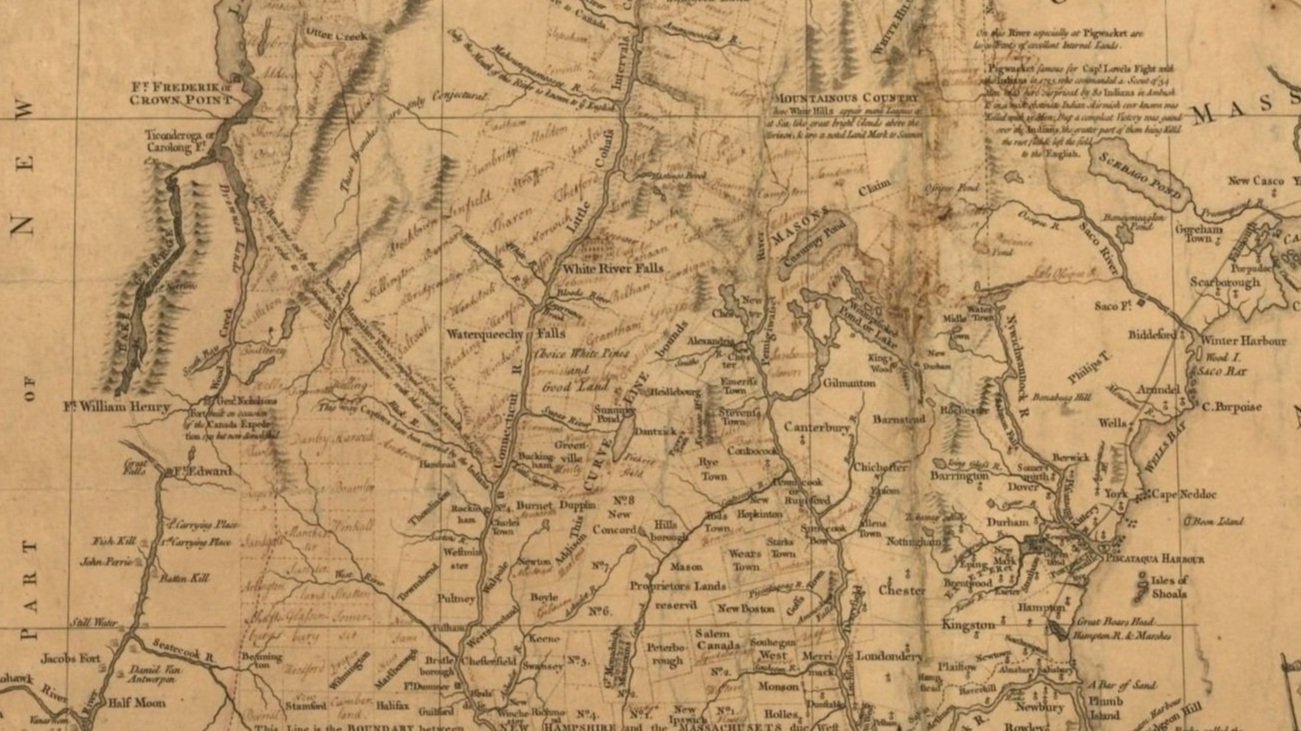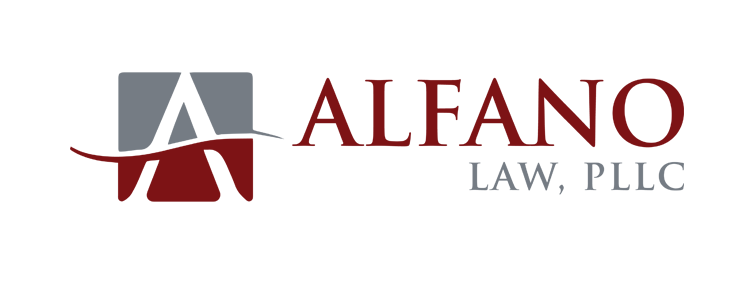
ROAD LAW GUIDE
Auxiliary Service Roads
Bridges
Class VI Roads
Conveyance
Dedication and Acceptance
Definitions
Discontinuance
Discontinued State Highways
Emergency Lane Designation
Failure to Maintain a Class V Road for Five Successive Years
Gates and Bars
Highways to Summer Cottages
How Public Roads are Created
Layout
Legislative Body vs. Governing Body
Municipal Trail Designation
Off Highway Recreation Vehicles
Prescription
Private Roads
RSA 674:41 (Building Permits)
Scenic Roads
Snowmobiles
Types of Roads and Other Designations
Who Owns the Road?
Alfano Law Office Database of Municipal Road Records
Legislative Body vs. Governing Body
Municipalities have the power to enact laws, often known as ordinances, and to enforce laws. Sometimes the same body does both, sometimes not. In many towns the legislative body is the town meeting. Zoning ordinances are adopted and amended at town meeting and budgets are approved at town meeting. The board of selectmen, on the other hand, handle the day-to-day operations of the town, and some of that responsibility is delegated further to a town manager. In cities, both the legislative and enforcement (or “executive”) functions are vested in the city council. There are variations to both forms of government – some cities operate under a board of mayor and aldermen – but the principle is the same.
The distinction between the legislative and governing functions in municipalities is important in road matters, and sometimes the line shifts. For example, for a time dedicated roads in towns could be formally accepted only at town meeting. Now that power may be delegated to the board of selectmen.
Here are two helpful statutes:
21:47 Legislative Body. – When used to refer to a municipality, and in the absence of applicable chapter or subdivision definitions, the term “”legislative body” shall mean a town meeting, school district meeting, village district meeting, city or town council, mayor and council, mayor and board of aldermen, or, when used to refer to unincorporated towns or unorganized places, or both, the county convention.
21:48 Governing Body. – When used to refer to a municipality, and in the absence of applicable chapter or subdivision definitions, the term “”governing body” shall mean the board of selectmen in a town, the board of aldermen or council in a city or town with a town council, the school board in a school district or the village district commissioners in a village district, or when used to refer to unincorporated towns or unorganized places, or
both, the county commissioners.

